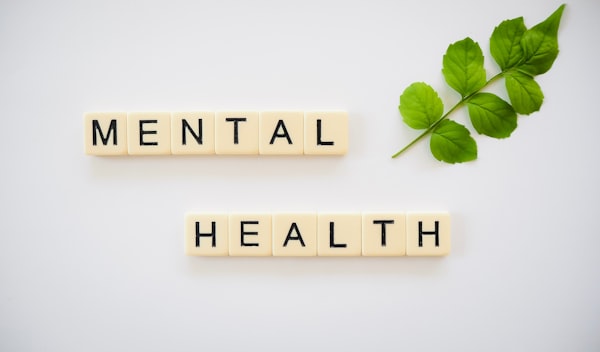Mental health is a serious issue for college students. Many students don’t ask for assistance because they’re afraid of the stigma attached to mental illness. They may also be reluctant to seek help because they don’t know where to turn. Mental health issues can affect any college student, whether they are returning or first-year students. Fortunately, there are a number of resources available to students to aid them if they’re struggling. If you’re interested in taking better care of your mental health, read on to learn how college students can benefit from regular therapy sessions.
How can college students benefit from regular therapy sessions?
College can be a time of great stress and transition. For many students, it’s the first time they’re living away from home, managing their own finances, and making their own decisions. This can be exciting, but it can also be overwhelming. Therapy can provide a safe space for students to explore and process these new experiences. In addition, college can be a time of personal growth. Students are often trying new things, meeting new people, and exploring new ideas. Therapy can help students navigate these changes and challenges in a healthy way.
Finding a therapist that you can connect with and trust is integral to the success of your therapy. You need to feel comfortable sharing your thoughts and feelings with this person, and you need to trust that they will keep your information confidential. If you don’t feel a connection with your therapist, or if you don’t trust them, it may be difficult to open up and share your thoughts and feelings. Therapy Group of Charlotte is a fantastic resource for college students and they have a demonstrated track record of patient satisfaction. They even offer teletherapy services, so you can connect from anywhere.
Many students feel overwhelmed during their time in college. Between juggling classes, social obligations, and maintaining a healthy lifestyle, it’s easy for students to feel like they’re constantly treading water. This can lead to anxiety, depression, and other mental health issues. Regular therapy sessions can allow students to manage their mental health and improve their overall well-being. Therapists can teach students how to cope with stress, set healthy boundaries, and manage their time effectively. They can also provide support during difficult times and offer guidance on how to deal with mental health issues.
How else can you protect your mental health at school?
One of the best ways to protect your mental health in college is to find a program that is a good fit for you. Hiring professional college counseling help is the most effective strategy for finding the right school. They know the ins and outs of hundreds of schools and can enable you to find one that fits your needs and interests. They can also guide you through the application process, and make sure your application is as strong as it can be. If you’re looking for assistance in finding the right school, or if you’re having trouble with any aspect of the college process, working with a counselor can be a major boon.
It’s no secret that college can be a stressful time – exams, papers, socializing, and a million other things to worry about. What you may not know is that lack of sleep can impact your mental health in college. Chronic sleep deprivation can also lead to serious mental health problems like depression and anxiety. In fact, sleep deprivation is now recognized as a major contributor to mental health problems. When you are exhausted, your brain is not able to function as well and could be more prone to mood disorders. If you can’t fall asleep at night, talk to your doctor about finding a solution.
There are many ways to take care of your mental health. Some students find that talking to someone can be helpful. This could be a friend, family member, therapist, or counselor. Other students find that writing can be a helpful way to deal with their thoughts and feelings. Some students find that they need to take a break from school and get some exercise or spend time outdoors. No matter what works for you, it is essential to find what helps you manage your mental health.







